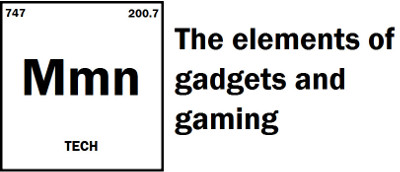
FCC redefines broadband to 25mbps
Millions of Americans suddenly woke up without broadband today, as the FCC voted to change the definition of high speed internet access.
The regulator approved a report, in a 3-2 vote, that asked the minimum definition be changed to 25mbps, up from 4mbps. The report came to this conclusion after taking family internet usage into account. With multiple devices connected to one pipe, the old standard was no longer seen as adequate when shared with several people.
Most commissioners were happy with the results, though some at the FCC feel the new standard is still too low.
Speaking to media, Commissioner Jessica Rosenworcel felt the bar should be much higher to future-proof American’s online interests. “I think our new threshold, frankly, should be 100 [Mbps]. I think anything short of that shortchanges our children, our future, and our new digital economy.
Dissenting Commissioners Pai and O’Rilley, however, felt the new limit was unrealistic and unnecessary, arguing that high bandwidth applications like consumer 4K video are not widespread enough. O’Rilley mocked the decision, saying “some people believe probably incorrectly that we are on a path to interplanetary teleportation. Should we include the estimated bandwidth for that as well?”
The new minimums do put millions of Americans out of reach of broadband. Especially those in rural areas, who are limited to slow DSL and satellite connections. The news should be welcome though for many consumers and tech lovers, who have long argued against the high costs and low speeds offered by ISPs.
The ruling, however, simply changes how providers can market their services. It doesn’t necessarily guarantee higher speeds or lower prices. Nor does it address controversial data caps.
Image via Primitive Screwheads, screenshot from The I.T. Crowd, used under fair use.

